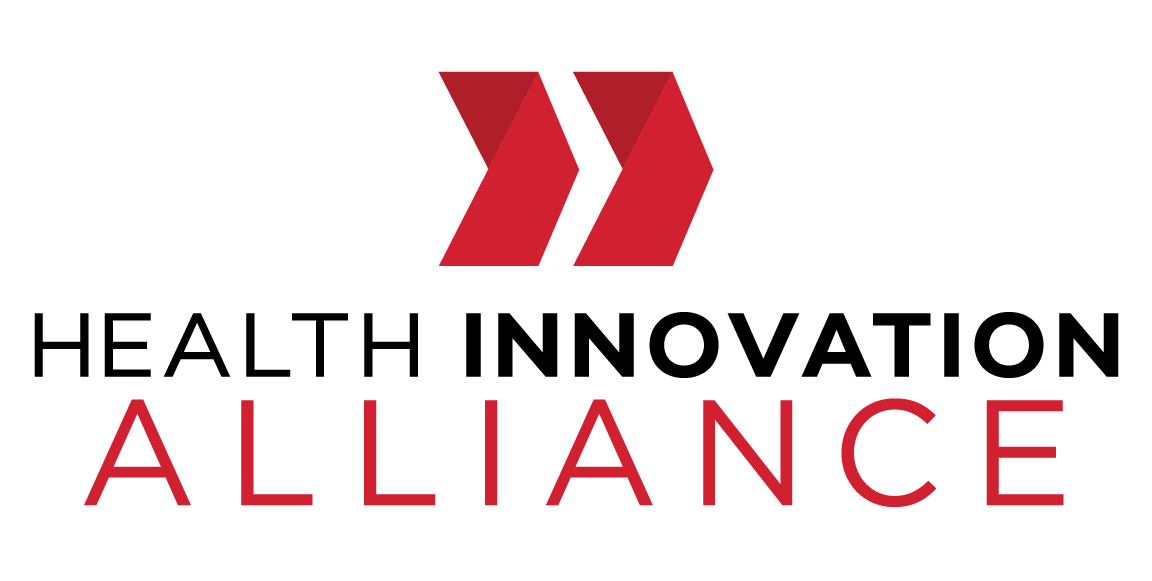For Immediate Release:
Contact: Kelly Broadway, 202-808-8853
kbroadway@health-innovation.org
HIA Fighting to Improve the Public Health System & Access to Treatments
Washington, D.C. – The Health Innovation Alliance (HIA) is working with Congress and the Biden Administration to improve the healthcare system and access to treatments.
HIA sent comments to the Centers for Medicare & Medicaid Services (CMS) on the Advancing Interoperability and Improving Prior Authorization Processes proposed rule. HIA’s comments focused on the important role interoperability and electronic prior authorization (ePA) can play in treating patients and ensuring they receive treatment quickly and effectively. We urged CMS to:
Require detailed plan coverage information at the point of care, including pharmacy, medical services, and prior authorization information
Allow patients to request all covered entities help find and share their health information to improve care coordination
Accelerate interoperable data exchange, allowing data to flow between all CMS programs, including Medicare Parts A and B and Medicare Advantage
Consider expanding standardized ePA for prescription drugs
Promote technology adoption and provide additional guidance in sectors where uptake lags
Shorten response times for prior authorizations as technology evolves
Ensure adequate resources for implementation across the entire healthcare industry
Standardize fields for sharing information including lab results, clinical data, prior authorization status, the date of the approval or denial, and the end date for authorization to ensure information is consistent across all sources
“Technology can save lives by reducing the time patients and providers wait for the right information and treatments. It is vital to the future of healthcare that we standardize information sharing while leaving room for innovation and disruptive technologies,” said Brett Meeks, Executive Director of the Health Innovation Alliance.
HIA also responded to a Request for Information from the House Energy and Commerce Committee regarding the Pandemic and All Hazards Preparedness Act (PAHPA). HIA’s comments focused on:
Reinforcing and ensuring implementation of past PAHPA policies
Leveraging the private sector to inform and operate necessary improvements and technologies
Filling data gaps exposed by the recent COVID-19 pandemic and response
Specifically, HIA’s comments urged lawmakers to ensure that the Centers for Disease Control and Prevention (CDC) is complying with the original 2006 law and subsequent reauthorizations. Additionally, we asked Congress to guarantee that CDC is not using additional funding and authority to duplicate work being done by the private sector or creating additional reporting burdens for front-line providers and public health officials. Additionally, the CDC and its state and local partners should be required to use standardized data sets and collaborate with private industry to implement a network that allows for the continuous flow of information between all levels of government and providers on the ground.
To read HIA’s comments on the Advancing Interoperability and Improving Prior Authorization Processes proposed rule, click here.
To read HIA’s comments on PAHPA reauthorization, click here.
